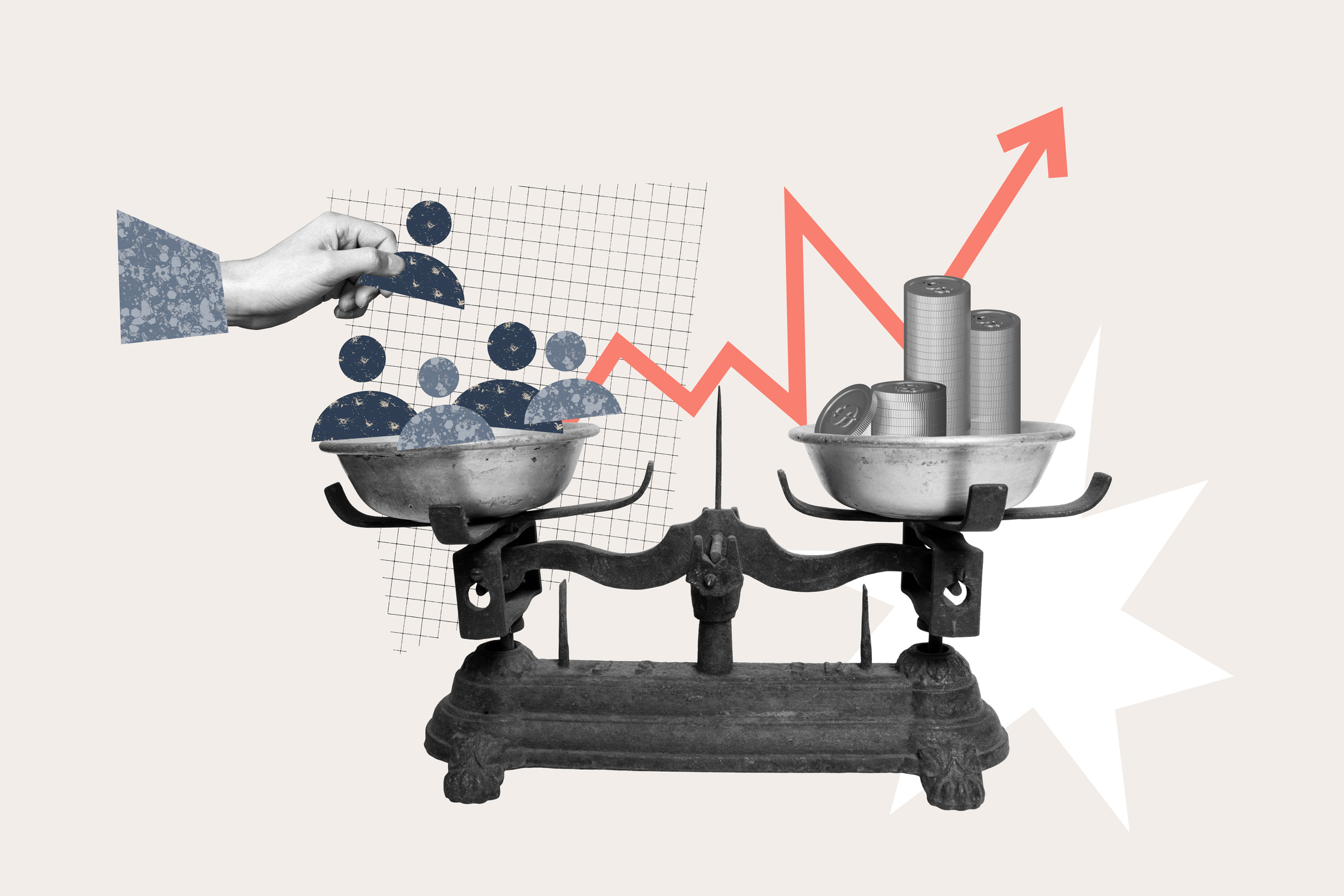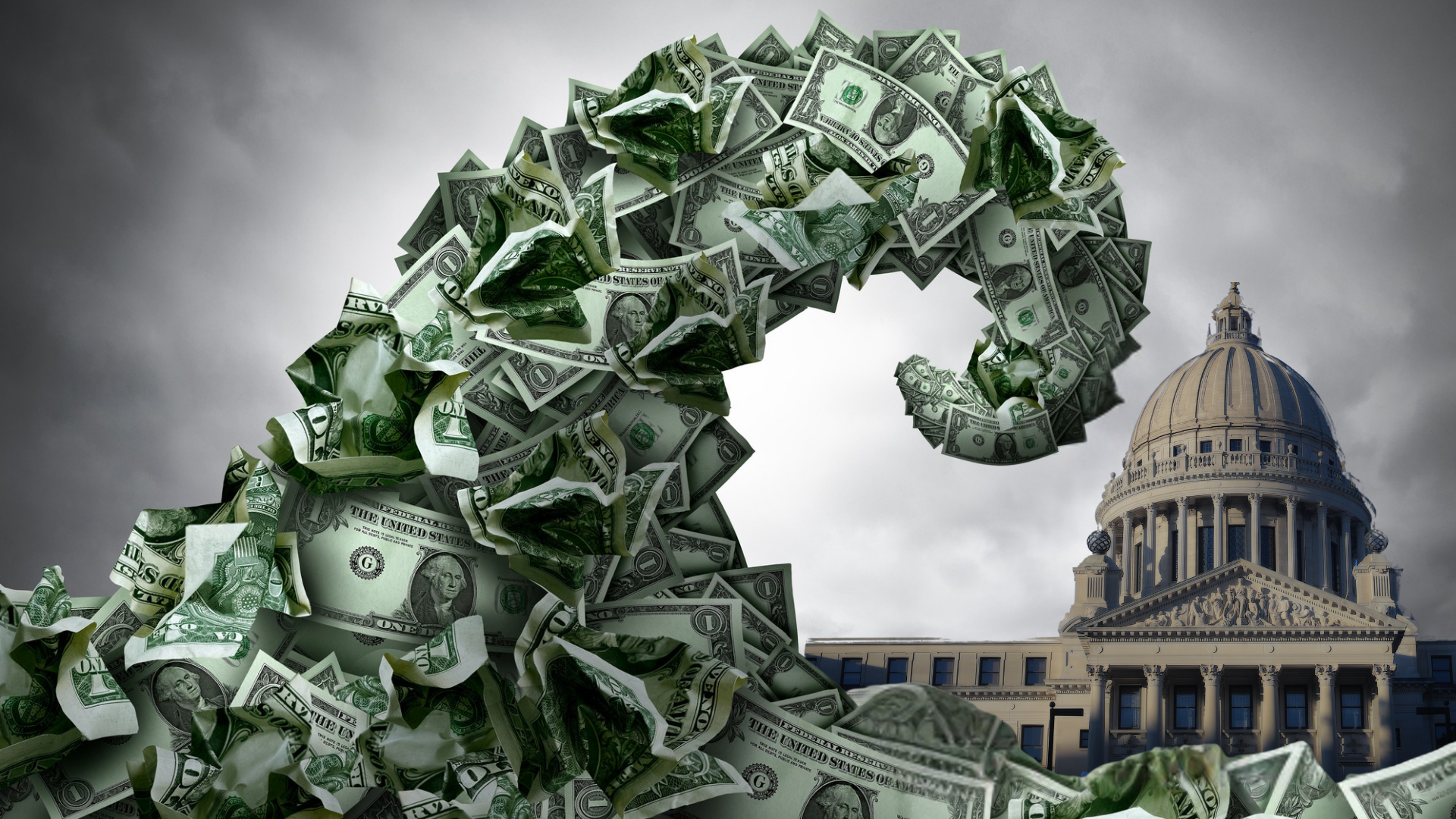According to the Washington State Supreme Court (1951): "It is no longer subject to question in this court that income is property." One would think that would end the debate but the Seattle City Council isn't so sure that income is property.
Recent reports indicate that the Seattle City Council plans to knowingly and willfully pass an income tax that violates state law and the state constitution in hopes of being sued by affected taxpayers. Such an irresponsible course of action would needlessly waste city staff time and taxpayer money on fruitless litigation.
State law is clear that a city is prohibited from enacting an income tax (see RCW 36.65.030). The state constitution also says that property must be taxed at a uniform rate, and the state Supreme Court has ruled repeatedly that income is property. In addition, state voters have five times rejected constitutional amendments to impose a graduated income tax, and four times they have rejected proposals to call an income tax an “excise tax.”
Instead of pursing a clearly illegal city income tax proposal, the Seattle City Council should follow the lead of the Olympia City Council. Elected officials there fought a local income tax proposed by Seattle activists in 2016. Last July the Olympia City Council filed an injunction to keep Measure 1 off the ballot as an illegal income tax proposal. As reported by The Olympian:
“At Tuesday’s council meeting, [Mayor Pro Tem Nathaniel] Jones called the current initiative ‘fatally flawed’ and said it creates false hope among voters. ‘It would be irresponsible to place this measure on the ballot knowing it would definitely fail in the courts,’ Jones said. ‘This is a setup for failure.’"
Former state Supreme Court Chief Justice Gerry Alexander agrees that city efforts to enact an income tax like Olympia’s Measure 1 is unconstitutional. Chief Justice Alexander told me last year:
“As a lifelong Olympian I am opposed to the proposed income tax. My concerns are numerous, but start with the fact that the tax would be unlawful, In that regard, see RCW 36.65.030 which provides that a city ‘shall not levy a tax on net income.’ On top of that, the Washington Supreme Court has twice ruled that graduated income taxes violate the 14th Amendment to the State constitution.”
Pierce County Judge Jack Nevin (ruling in Thurston County Superior Court) agreed saying about the proposed Olympia income tax in an August 24, 2016 ruling:
“Accordingly, this Court declares that the proposed income tax initiative, in its entirety, is invalid, null, and void because it extends beyond the scope of the local initiative power . . .”
As to whether the state Supreme Court’s numerous rulings prohibiting a graduated income tax are “antiquated,” former state Supreme Court Justice Phil Talmadge addressed this argument with a legal opinion in 2010 on the constitutionality of Initiative 1098 (state income tax ballot measure). Justice Talmadge said:
“The proponents of a graduated net income tax in Washington have vociferously argued that these older cases are no longer viable . . . However, since 1993, the Washington Supreme Court has been confronted with cases in which the continuing validity of the ‘income as property’ cases was questioned and has rejected the argument articulated in the Spitzer law review article . . . Subsequently, in Washington Public Ports Association v. Dep’t of Revenue (2003), the Court re-again affirmed the continuing viability of the cases holding that a tax on income was a property tax.”
Attempts to pass an “excise tax” on capital gains will also fail as the IRS and all state revenue departments say taxes on capital gains are income taxes. Those states that tax capital gains do so through their income tax codes. No state taxes capital gains as an excise tax.
On the issue of policymakers trying to call an income tax an “excise tax” to pass constitutional muster, Justice Talmadge highlighted the decision in Jensen v. Henneford:
“The Legislature attempted to describe the income tax as an excise tax on the ‘privilege of receiving income’ in the State of Washington. The Supreme Court was unmoved. The Jensen court stated that the 1935 Legislature’s effort to rename the tax did not make it an excise tax . . . Subsequently, in Power, Inc v. Huntley, the Legislature enacted what it described as a corporate excise tax, which was actually a graduated new income tax on corporations. Again, the Supreme Court indicated that legislative labels for a tax are not controlling.”
The City of Seattle should direct its income tax efforts toward attempting to convince the Legislature and citizens of the wisdom of enacting an income tax in the only way that is legally possible in Washington state – by passing a constitutional amendment. Since state voters have already rejected five income tax constitutional amendments Seattle is trying instead to pass an illegal income tax in hopes the state Supreme Court will do a 180 on 84 years of case law. But as the justices said in 1951: "It is no longer subject to question in this court that income is property."
Additional Information
Seattle income tax rumors show need for SJR 8204 & HJR 4207
Keep Washington Income Tax Free





